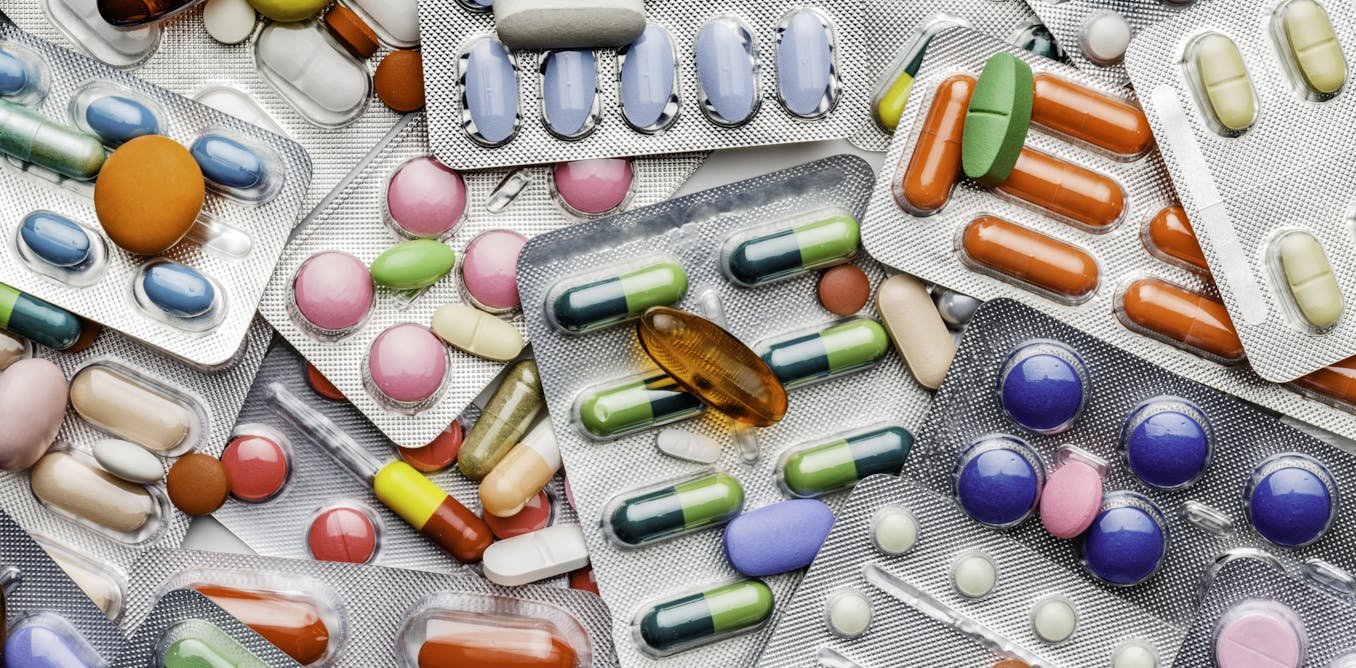Why should one not take medicine without asking the doctor?
It is necessary to consult a doctor before taking any medicine. Who is the medicine for? For what problem? How much? At what time? how Things like that are mentioned. The amount of medicine varies according to the health problem, age, weight, gender. Although we are in a hurry to take some medicines, we do not consult any doctor.
However, doctors are not always within our reach. There is no compatibility to see a hospital or a doctor. In some situations it is necessary to take medicine and in such cases we give medicine according to our wish.
Now is the age of the internet. People go to Google to find their problems. Goes around on YouTube. According to that, they also get information about the problem they have and the medicine related to it. But how terrible can it be to take medicine on your own without consulting a doctor? We need to understand.
In medical language it is called 'self medication'. It has become a global concern today. However, the World Health Organization has defined self-medication as the selection or use of medication by a person for their own care based on disease and symptoms.
In case of headache, cough, body ache, viral infection, people do not ask the doctor to buy medicine, they take it at will. Not only that, people also depend on Google and YouTube to take sensitive medicines like antibiotics, without seeking doctor's consultation or prescription.
This kind of trend has become a headache for the current medical science. There is a risk of antibiotic resistance becoming the main cause.
Due to self-medication, there are problems such as adverse drug reaction (adverse drug reaction), concealment of the disease and wrong diagnosis of the disease, more spread of the disease, increase in the loss of medicine. In addition, there is an even greater risk of causing antibiotic resistance, which has been confirmed by various studies and researches in medical science.
What are antibiotics?
Antibiotics are a type of anti-bacterial and anti-bacterial substances, which are very active against micro-organisms even in small amounts. Antibiotics are drugs widely used for the treatment and prevention of infections, which either kill or prevent the growth of bacteria or microbes.
Various studies have confirmed that the invention and production of antibiotics dramatically increased the average human lifespan by 23 years in this century. Aspirinamine is the world's first antibiotic, which was developed in 1910. The discovery of penicillin group of antibiotics in 1928 can be considered as the golden age in the history of medical science. In addition to protecting against infection, antibiotics have paved the way for modern treatment methods such as cancer treatment, organ transplantation, brain and heart surgery, without which it would have been impossible to imagine the achievements of today's medical science.
What is antibiotic resistance, how does it happen?
In a general sense, antibiotic resistance is a condition in which bacteria or micro-parasites continue to show their effects even in the presence of antibiotics.
It is understood that antibiotics cannot inactivate bacteria, that antibiotics have no effect and that they are protected against antibiotics. Antibiotics specifically kill or inactivate bacteria or micro-parasites by reducing their growth. But when antibiotics resistance develops, resistance develops through the following mechanisms.
- Efflux pump mechanism: Antibiotics are thrown out from inside the cells of micro-organisms.
- Deactivating: Deactivating any enzyme or chemical in antibiotics by chemical reaction.
-Target modification: Bacteria or micro-organisms change the shape of the cells and prevent them from sticking to antibiotics.
- Change in cell porosity: Bacteria or microscopic parasites change the cell porosity and prevent antibiotics from entering the cell.
-Biological cover: bacteria or micro-parasites protect themselves by forming a cover of various sugars and proteins.
Antibiotic resistance is a major cause of human health
The development of antibiotic resistance is divided into natural and human causes.
Natural causes: Heredity, transmission of genes, bacterial mutation and constant exposure
Human causes: misuse of antibiotics, underdosing of antibiotics, overprescribing of antibiotics, poor infection control practices, overuse of antibiotics in live fish, meat animals and lack of development of new antibiotics
The relationship between self-medication and antibiotic resistance
Although various reasons have been discovered through research and research so far, it is expected that antibiotics resistance will appear as a big crisis in the future due to the practice of self-medication. Because the use of antibiotics in a random wrong way and complete knowledge of drugs and lack of sensitive information such as side effects, appropriate dose, duration of drug intake, over dose, self-medication practice seems to play a role in causing antibiotic resistance.
Challenges of Antibiotics Resistance
According to various studies, it has been found that the practice of self-medication is more common among citizens of underdeveloped countries. In the current situation, the biggest challenge of the global health service provider system is the need to create awareness among the general public about antibiotics, their side effects and to stop the indiscriminate use of antibiotics.
The number of patients suffering from infectious diseases that cannot be treated due to antibiotic resistance is increasing day by day. In order to deal with this problem, pharmaceuticals and other related fields of medicine need to invent new types of antibiotics without delay.
According to a British government report, if no action is taken immediately for antibiotic resistance, by 2050, one million people may die a year due to antibiotic resistance.

Comments
Post a Comment
If you have any doubts. Please let me know.